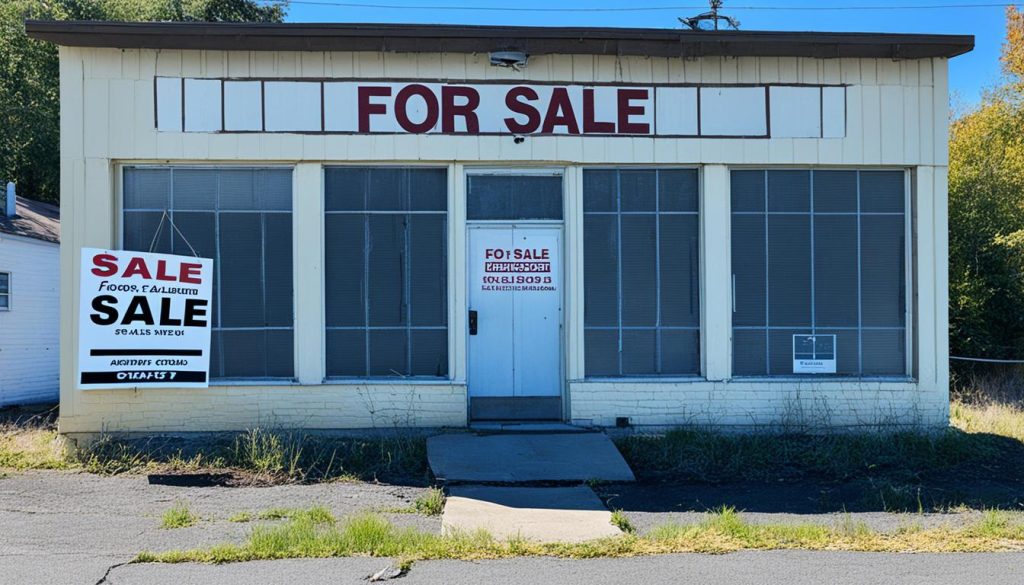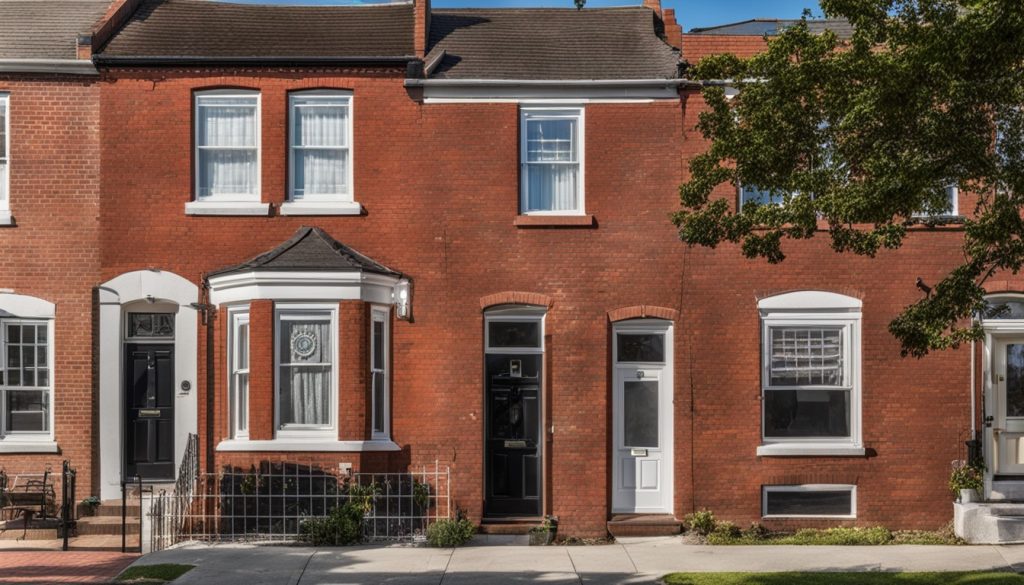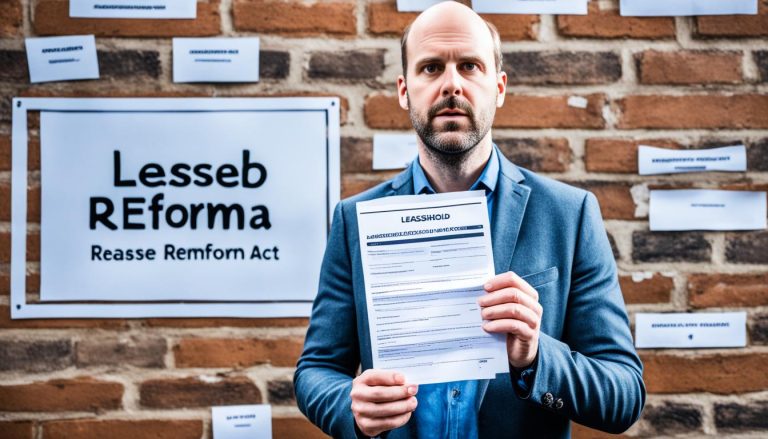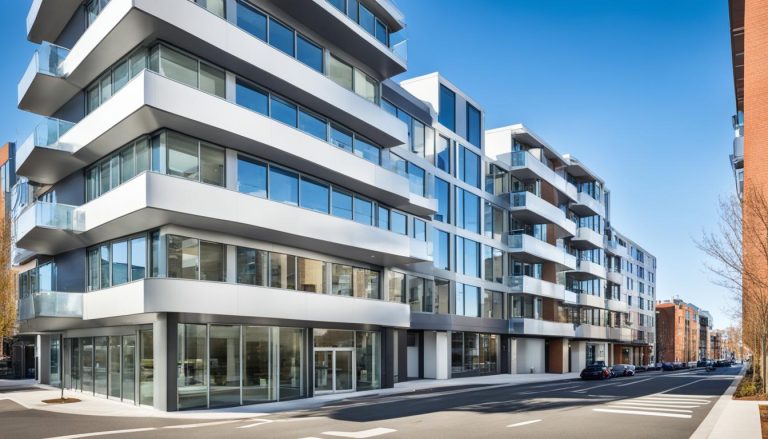Are you considering a short lease for your property in the UK, but unsure of how it may affect its value? Look no further! In this blog post, we will dive into the world of short leases and explore just how much they can devalue your property. Stay tuned to discover all the ins and outs of this hot topic in the real estate market.
How Much Does a Short Lease Devalue a Property?
In the UK, how long a property’s lease lasts really matters. If it’s got less than 80 years left, its value might drop by 10-20%. A shorter lease means the person who owns the land has more say in the property. This means they’re likely to get full control back sooner.
Why? Well, if a property’s lease is too short, getting a mortgage could be tricky. Most lenders want leases that are at least 70 or 80 years long. This rule makes it tough to sell properties with short leases.
What Constitutes a Short Lease?
A lease with less than 80 years left is seen as short in the UK. As time goes under this mark, a property might be worth less. It’s harder to get a mortgage on it.
Plus, making the lease longer to attract buyers can get really pricey. So, a short lease can really lower a property’s value.
Impact on Property Value
Having a short lease can cut a property’s worth by 10-20%. As the lease gets shorter, the impact is bigger. Why? Because extending the lease costs more for the owner.
Buyers and lenders steer clear of properties with brief leases. This can lead to lower demand and prices.
Marriage Value
Short leases also bring up the idea of “marriage value.” This is the added worth a property may get after extending the lease. With an extension, the person owning the land can ask for half of this added value. The shorter the lease, the more they can charge for an extension.
Challenges with Short Leases
Buying a property with a short lease can be tough. Getting a loan or selling it later on might not be easy. This is because many banks don’t want to lend money for properties with leases under 70 or 80 years.
Mortgage Issues
If you own a property with a short lease, you might find it hard to get a good remortgage deal. This is because as the lease gets shorter, finding a mortgage can get even more difficult. So, the financial hardship of having a short lease can grow.
Future Saleability
The struggle doesn’t stop there. Selling a property with a short lease is also tricky. Less people may want to buy it because they could face the same financing problems. This reduces the number of potential buyers and affects how much the property can be sold for.

Extending a Short Lease
Extending a short lease on a property can be key to keeping its value. When you own a leasehold property for over two years, you can extend the lease. This adds 90 years to the lease, which makes the property more appealing.
The Lease Extension Process
First, you must formally tell the property owner you want to extend the lease. Then you start talking about how much you’ll pay, also known as the premium. This cost depends on the property’s value today, how long is left on the lease, and whether extending it will add value. Once you agree on the price, the property owner must extend the lease.
Extending as a Seller or Buyer
If you’re selling, extending the lease can pull in more buyers. They don’t have to worry about a short lease. Buyers can also ask for a lease extension when they’re purchasing the property. But be aware, this might slow down the buying process.
Cost of Lease Extensions
Extending the lease is costly. It starts at about £5,000. You’ll also have to pay for professional help, like lawyers and surveyors. These extra fees can be between £2,000 and £3,000. The total cost depends on the property’s value and how much of the lease is left. If the lease has less than 80 years, it could cost you more.

Conclusion
In the UK property market, a leasehold’s remaining term is key. If it falls below 80 years, its value might drop by 10-20%. This makes it less appealing to buyers and lenders. A short lease means less time for the owner and more risk.
Extending a lease is one way to solve this issue. Adding 90 years can help. But, doing this is pricey and might take a while. You also have to pay the freeholder a ‘marriage value’. Going to the Leasehold Valuation Tribunal could help, but it’s not easy or cheap.
Buying a property with a short lease needs careful thought. It’s important to look at how many years are left and what it takes to extend it. Knowing the impact on the property’s value can help both current and future owners in their decisions. They can act in advance to safeguard their investment and increase their property’s worth.
FAQ
What constitutes a short lease?
If a lease lasts less than 80 years, it’s seen as short.
What is the impact of a short lease on property value?
A short lease means the property is worth less. It also means paying more for a lease extension and fewer interested buyers.
What is marriage value?
Marriage value is the property value increase after a lease extension. This benefits the freeholder, as they move towards full ownership sooner.
What are the challenges with short leases?
It’s hard to get a mortgage on properties with less than 70 or 80 years on the lease. Getting a good mortgage rate in the future might also be a challenge.
How can a short lease be extended?
After two years of owning the property, you can ask for a lease extension. The landlord must agree.
What is the process of extending a short lease?
Extending a lease is slow and expensive. But it’s key to stop the property value from dropping further.






